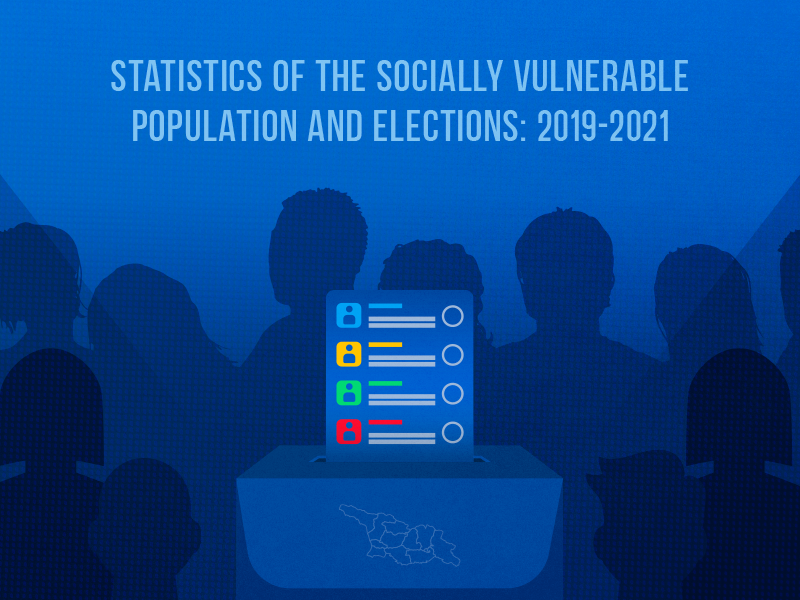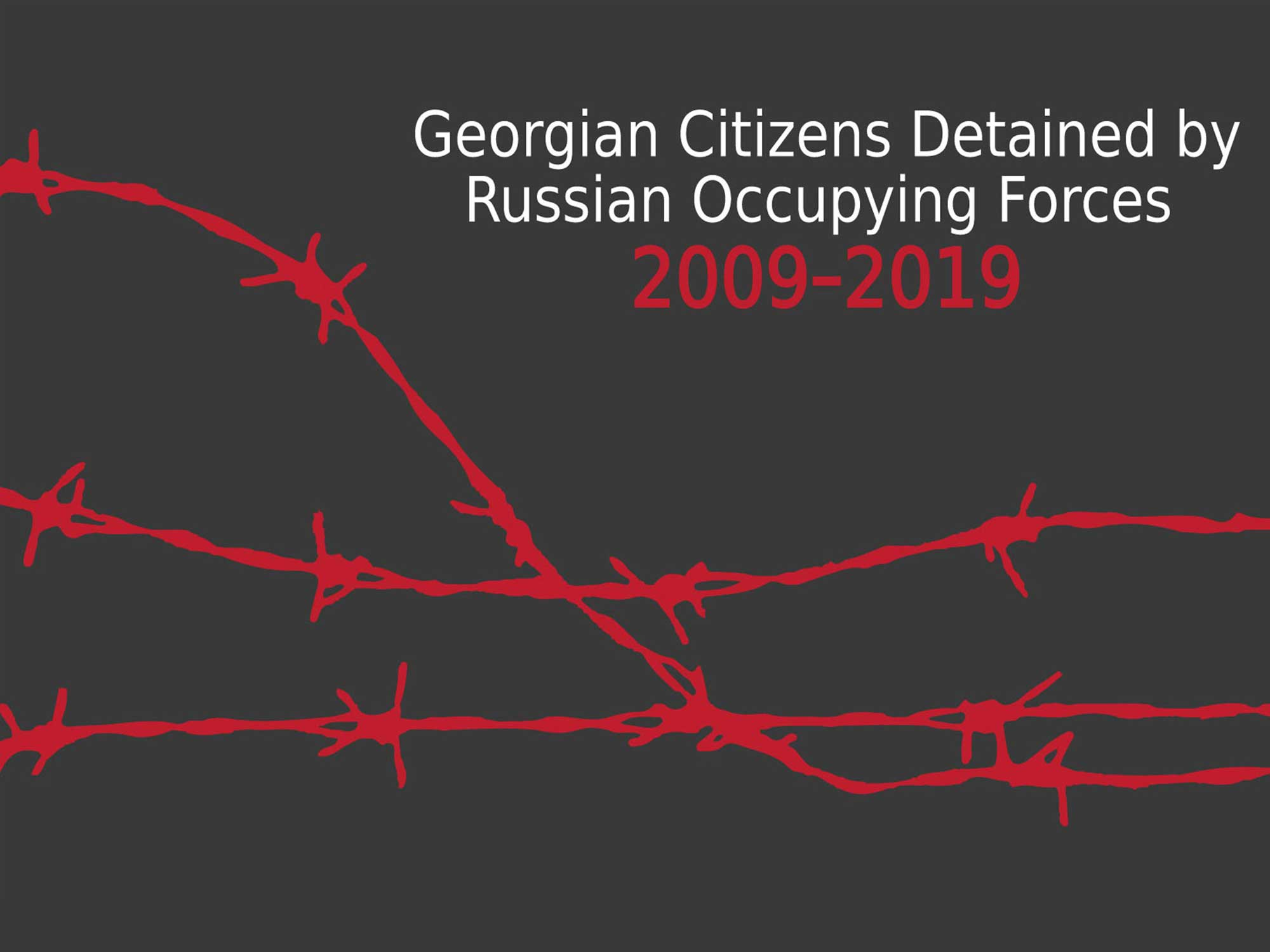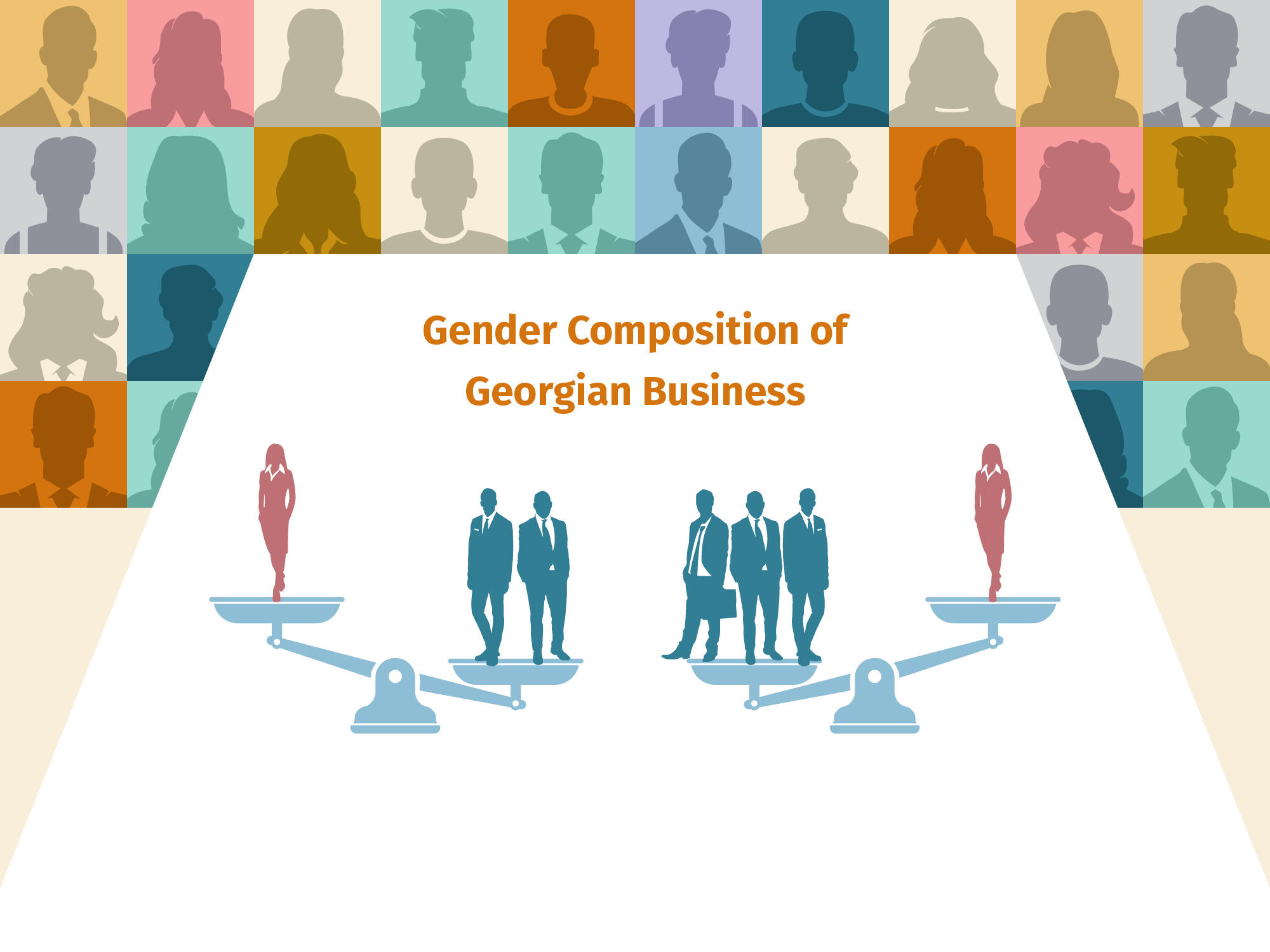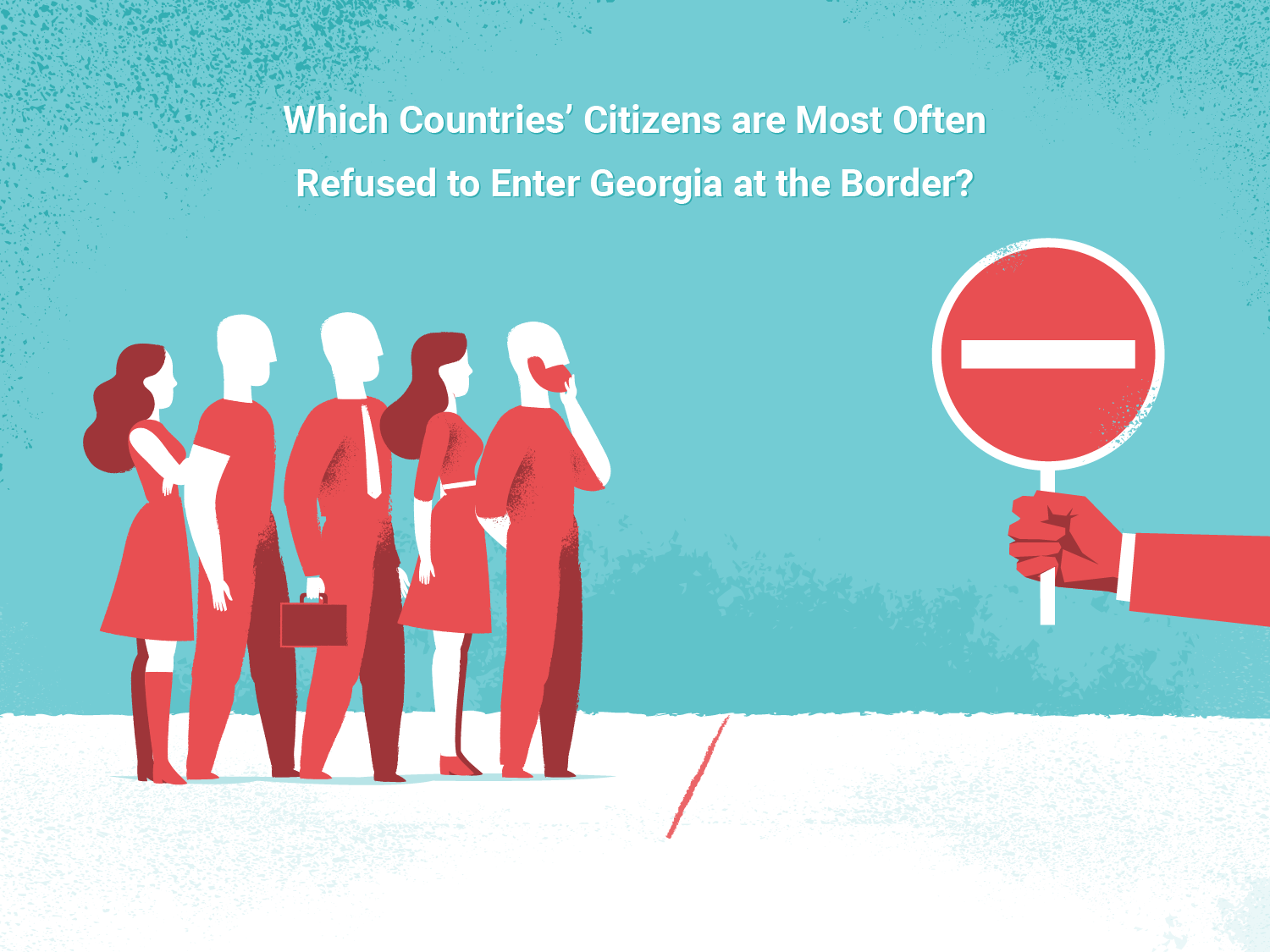
Statistics of Socially Vulnerable Population and Elections 2019-2021
The analysis of the statistics of socially vulnerable population during 2019-2021 revealed the following tendencies:
- Since the start of the Covid-19 pandemic, the number of beneficiaries receiving a living allowance in Georgia has been increased by 44.12%.
- 16.7% of the Georgian population is socially vulnerable. 45.4% of the population of Racha-Lechkhumi and Kvemo Svaneti receives a living allowance from the state.

IDFI's study on registered crime for 2019 revealed the following tendencies:
64,123 crimes have been reported in 2019, which is approximately 10% more than the number reported in 2018.
Crime Clearance rate has improved by 1%.
Starting from September 2019, a significant decrease in registered crime as well as an increase in clearance rate is noticeable, which coincides with the change of leadership at the Ministry of Internal Affairs.

Expenses of Tbilisi City Hall and Municipal Council: 2017-2018
Key findings of IDFI's study of expenses of Tbilisi City Hall and Municipal Council in 2017-2018:
Compared to 2017, labor remuneration of staff of Tbilisi CIty Hall decreased by 4 mln. GEL in 2018. Labor remunaration of supernumerary employees of Tbilisi CIty Hall increased by 3,4 mln. GEL.
Labor remuneration of supernumerary employees of Tbilisi Municipal Council increased by 461 thousand GEL in 2018. Labor remuneration of staff of Tbilisi Municipal Council decreased by 171 thousand GEL.
Labor remuneration of high ranking public officials of Tbilisi City Hall increased in 2018 and covered the amount of monthly salary supplements received in 2017.
Average expense of business trips of Tbilisi Municipal Council in 2017 was 3,000 GEL, while in 2018 it amounted to 5,000 GEL.
Expenses of Public Communication Agency also incudes administrative costs. For expample, more than 512 thousand GEL was spent for labor remuneration in 2018 and more than 1,6 million GEL for products and services.
69% of TV advertisement expenses of Tbilisi City Hall is concentrated in TV Imedi.
Fuel expenses of Tbilisi City Hall increased by 278 thousand GEL in 2018. According to the 2018 data, Tbilisi City Hall owned 370 cars.
Fuel expenses of Tbilisi Municipal Council increased by 38 thousand GEL in 2018. In total, 40 vehicles and 43 drivers served Tbilisi Municipal Council.
Representational Expenses of Tbilisi City Hall increased by 32% in 2018.
In 2017-2018 representational expenses of Tbilisi Municipal Council amounted to 77,507 GEL.
The visualization was prepared in frames of the project - Empowering Watchdog Community for Government Accountability, funded by the Governments of Czechia, Hungary, Poland and Slovakia through Visegrad Grants from International Visegrad Fund. The mission of the fund is to advance ideas for sustainable regional cooperation in Central Europe. The responsibility of the content of the visualization lies with the Institute for Development of Freedom of Information (IDFI). It does not necessarily reflect the opinions of International Visegrad Fund.

Georgian Citizens Detained by Russian Occupying Forces: 2009-2019
In 2009-2019 (until August 29) a total of 3,193 Georgian citizens were detained by occupying forces for “illegally crossing” the so-called border.
Out of them, 1,932 were detained for crossing the occupation line with Abkhazia, while 1,261 for crossing the occupation line with Tskhinvali.
Since 2009, the occupying forces have detained an average of 5-6 Georgian citizens a week. In 2013, this number increased to over 10 people.
Illegal detentions generally last for 2-3 days, although there are cases where citizens remain in long-term illegal detention.
Russian occupying forces have so far installed more than 53km of barbed wire fences along the occupation line with the Tskhinvali region.
Data Source: State Security Service of Georgia
The visualization was prepared in frames of the project - Empowering Watchdog Community for Government Accountability, funded by the Governments of Czechia, Hungary, Poland and Slovakia through Visegrad Grants from International Visegrad Fund. The mission of the fund is to advance ideas for sustainable regional cooperation in Central Europe. The responsibility of the content of the visualization lies with the Institute for Development of Freedom of Information (IDFI). It does not necessarily reflect the opinions of International Visegrad Fund.

Results of Periodic Technical Inspection of Vehicles
- Vehicle exhaust is the main problem in terms of air pollution;
- Total number of cars, which were subject to technical inspection through this period is 232,470;
- Cars aged 10 or more years are the most dangerous for air pollution;
- 59% of cars produced before 2009 passed the technical inspection (primary + secondary);
- The newer the car, the less likely it is to fail the inspection;
- Report of the State Audit Office: “Municipal transport is a big challenge in terms of air pollution. Most of them fail to pass the technical inspection”;
- Ministry of Internal Affairs is unable to isolate data on municipal transport in technical inspection records;
- Car owners paid over GEL 16 million for primary technical inspection in the thirteen months of 2018 and February of 2019;
- Car owners who failed to take their cars for inspection were fined for about GEL 1 million in 2018.
See full analysis in Georgian
Data Source: Ministry of Internal Affairs of Georgia

Data of Secret Eavesdropping in Georgia
In 2018, the share of motions connected to telephone surveillance was 11% out of all secret investigative actions;
Compared to 2017, the number of considered and granted motions on secret telephone surveillance almost doubled in 2018;
Over the past two years, courts approved 93-94% of the filed motions on secret telephone surveillance;
Compared to 2017, the number of considered motions at courts connected to the membership of the “criminal underworld” and “being a thief in law” increased 17 times in 2018;
In the last three years, only 15 motions were filed on secret telephone surveillance connected to the crimes of terrorist activities, sabotage, creation of illegal formations, conspiracy or rebellion.
See the full study
Data Source : Supreme Court of Georgia

Statistics of Secret Investigative Actions in Georgia: 2015-2018
- The number of filed motions in 2018 is two times more than in 2016;
- The rate of granted motions increased from 86% to 97%;
Types of secret investigative actions are the following:
1) Wiretapping and Secret Recording of Telephone Communications;
2) Removal and Recording of Information from a Communications Channel and Computer System;
3) Real-time Identification of a Geolocation;
4) Monitoring of Post and Telegraphic Communications;
5) Secret Video /Audio Recording, Film and Photo Shooting;
6) Electronic Surveillance through Technical Means.
Source of the data: Supreme Court of Georgia
See the full study

Gender Composition of Georgian Business
Nearly twice as many men are involved in commercial activities in Georgia as women. Men also outnumber women two to one on the highest position of management;
The highest share of women (42%) can be found among Individual Entrepreneurs in Georgia.
Data Source: National Statistics Office of Georgia

Which Countries’ Citizens are Most Often Refused to Enter Georgia at the Border?
IDFI's analysis of the statistics of refusal to enter Georgia to foreign citizens at the Georgian border revealed the following findings:
The number of refusals to let foreign citizens enter the country has been declining over the past 4 years.
In the last four years, most refusals of entry were given to the citizens of Turkey, Azerbaijan, Russia, Iran and India. The citizens of these countries made up 58% of all those who were refused entry into the country.
In the last two years, citizens of India were refused entry most often.
In 2015, the largest share of refusals of entry fell on Turkish (33%) and Azerbaijani (13%) citizens.
The Ministry of Internal Affairs does not keep a record of the bases for refusal of entry into Georgia to foreign citizens.

